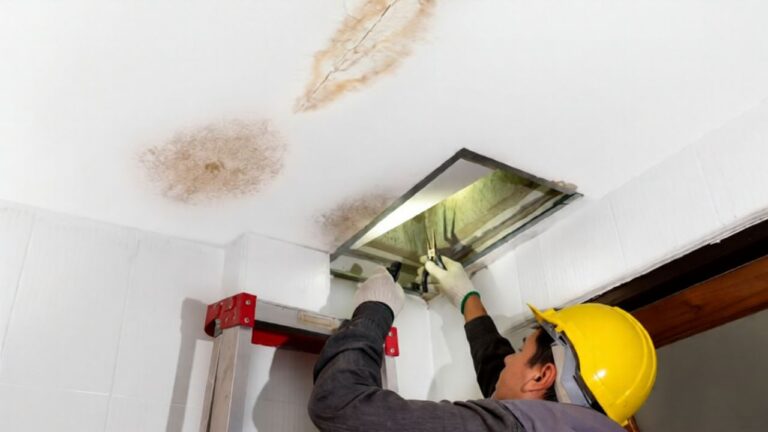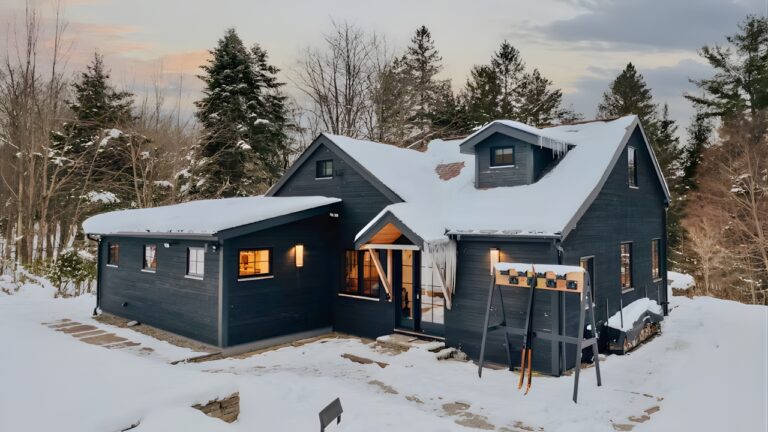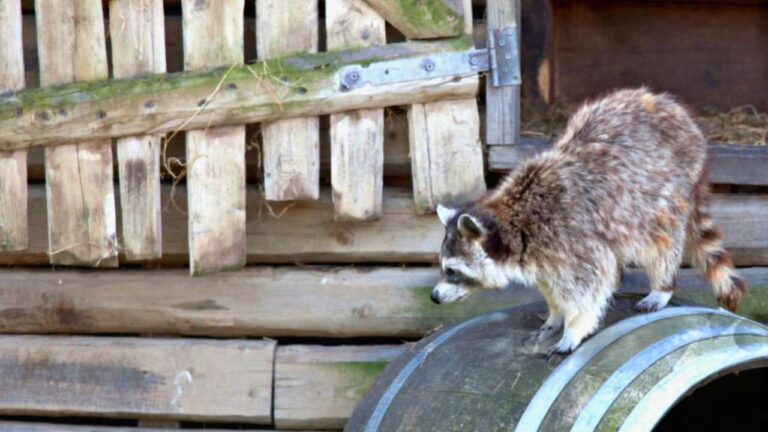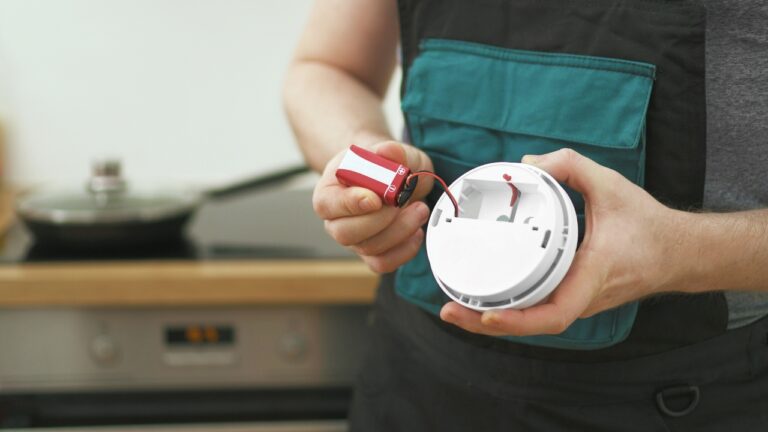12 Expensive Problems You Don’t Notice Until You Move to the Country
Life out in the country has a lot going for it—but if you’ve never lived this way before, you’re going to run into surprises that hit your wallet fast. Some of them sneak up on you, others smack you day one. Either way, here’s what most people don’t think about until it’s already draining their bank account.
Driveway Maintenance
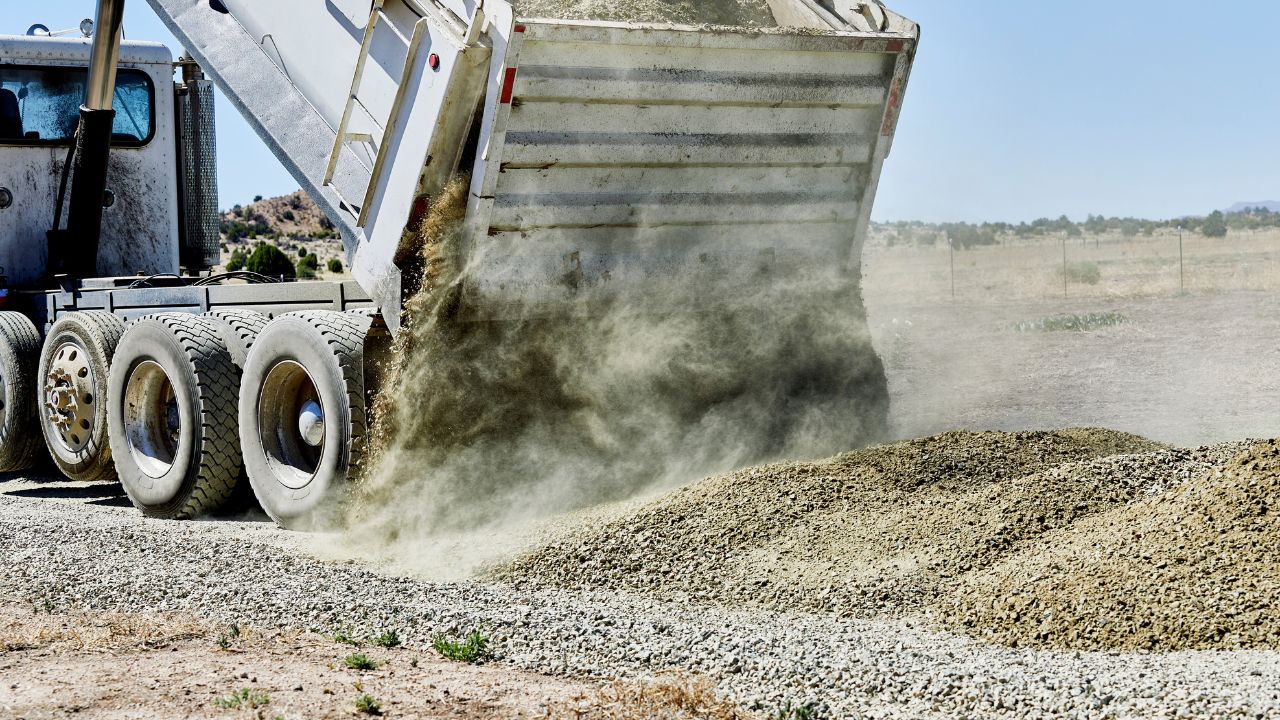
If you’ve got a long driveway, expect it to wash out, rut up, or need gravel way more often than you thought. It’s not a one-time cost.
You’ll either pay someone with the right equipment or invest in your own—because that access road isn’t fixing itself. And don’t even think about skipping it unless you like getting stuck.
Septic Problems
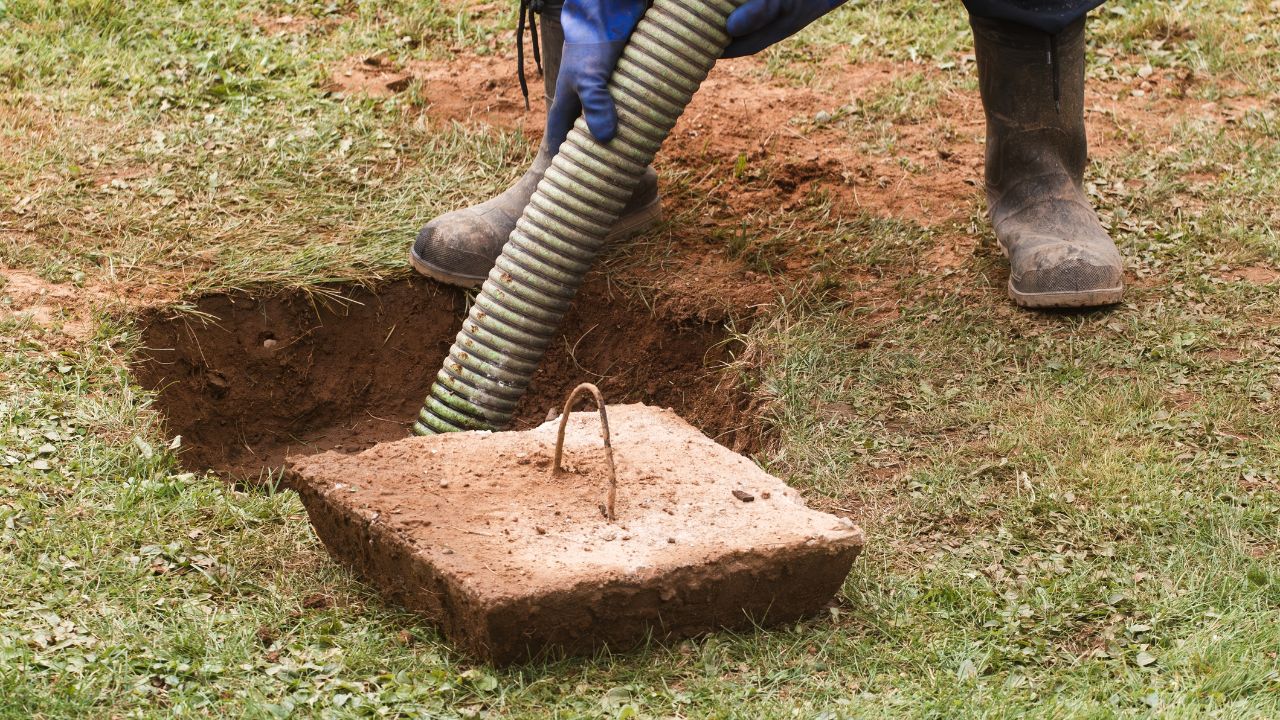
Septic tanks aren’t “set it and forget it.” They need to be pumped, inspected, and protected. One cracked lid or a clog in the drain field can cost thousands.
If you drive over it, plant trees too close, or flush the wrong thing, you’re risking a big repair bill. Most people don’t think about it until it stinks.
Well Repairs

Wells are great until something goes wrong. If your pump quits or the water tests bad, it’s not a quick fix. And it’s always more expensive than you expect.
You need filters, regular testing, and a plan if your water goes out. If you’re not budgeting for it, you’re gambling with your only water source.
Internet That Barely Works

Rural internet is either overpriced, slow, or both. And if you work from home, that’s a problem you’ll feel right away.
You might need to pay for boosters, satellites, or backup hotspots. Don’t assume your current provider will follow you out there—they probably won’t.
Animal Damage

Wildlife doesn’t respect boundaries. Raccoons rip into feed bins, deer destroy gardens, and rats chew wires. If your setup isn’t secure, they’ll cost you fast.
You’ll end up spending on traps, repairs, reinforcements, and fencing upgrades you didn’t plan for—because everything out here is either hungry or nesting.
Power Outages That Last
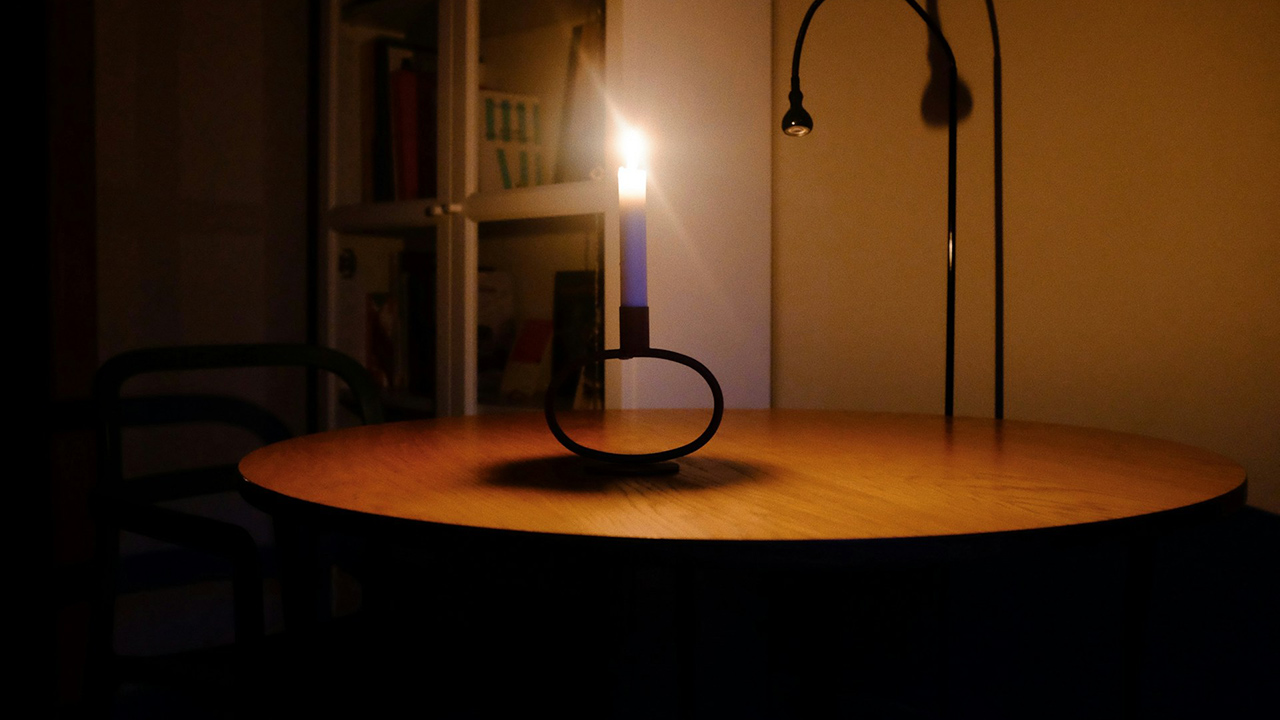
In the city, power’s back in hours. Out here, it might take days. That means food goes bad, water won’t pump, and heat or AC is gone.
You’ll end up buying generators, fuel, and maybe even a battery backup system if you don’t want to rough it during every storm.
Tool and Equipment Costs

You can’t live on land without tools. Mowers, chainsaws, fencing tools, hoses, trailers—it adds up fast. Borrowing works for a while, but eventually you need your own.
If you’re trying to do everything with a hammer and a rake, you’re going to waste time and money redoing everything.
Fence Repairs You Didn’t Plan On

Unless you put it in yourself and did it right, your fencing’s going to need work. Animals get out, posts rot, gates sag—it’s nonstop.
You’ll go through more T-posts, wire, and clips than you’d think. It’s never a one-time expense, and ignoring it costs more down the line.
Erosion and Drainage Issues

Rain doesn’t run off the way you expect. If your land wasn’t graded right or the soil’s loose, water can destroy roads, flood buildings, or wash away your garden.
You’ll need culverts, swales, gravel, or retaining solutions—and none of those are cheap if you didn’t plan ahead.
HVAC for Weird Spaces

Old homes, mobile homes, and barns converted to houses all have duct issues or bad insulation. Heating and cooling costs skyrocket if it’s not sealed tight.
You might need to add insulation, replace units, or zone your home just to keep one room from roasting while another freezes.
Bad Soil That Won’t Grow a Thing

You think you’ll plant a garden right away—but your dirt might be full of clay, sand, or rock. It could take years of compost, amendments, and tilling to get anything to grow.
That means raised beds, brought-in soil, and ongoing investment. Don’t expect to grow your food without putting some money into the ground first.
Unexpected Zoning or Utility Restrictions

Some counties will surprise you with rules on where you can build, what you can run, or how close things can be to a line or tank. Others charge crazy fees for utility hookups.
Always call the county and utility companies before buying. And even if you did, keep some cash aside for the stuff they “forgot to mention.”
*This article was developed with AI-powered tools and has been carefully reviewed by our editors.


